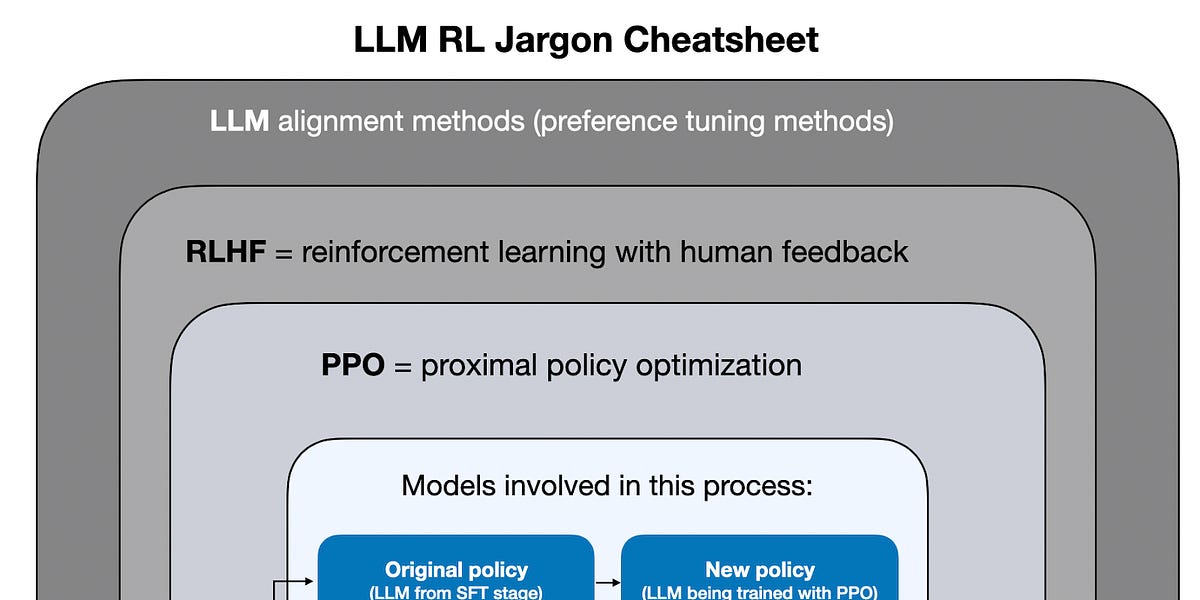Attrition increased to 14.1% in Q4, down from 12.6% a year ago. The total headcount of the firm currently stands at 3,23,578, which is down from 3,17,240.

Infosys reported a net profit of $814 million for the January–March quarter of FY25, down 11.7% from $959 million in the same period last year.
Revenue, however, grew 7.9% year-on-year to $4.7 billion. The total revenue for the financial year stood at $19 billion, representing a marginal growth of 3.9%.
Amidst this, CEO Salil Parekh, showed confidence in generative AI. During the press conference, he said, “We’ve seen growing demand from clients to partner with them on AI. They’re moving from a use case approach to an AI led transformation approach,” he said, saying that this is using AI agents, which are playing more and more of a critical role.
Parekh stated that Infosys believes it holds a leading position in AI agents, having developed over 200 AI agents and currently working on more than 400 AI projects for its clients.
He also highlighted strategic acquisitions in energy, consulting, and cybersecurity across the US, Japan, and Australia.
Despite the Q4 weakness, Infosys closed FY25 with 4.2% revenue growth in constant currency, an operating margin of 21.1%, free cash flow of $4.1 billion, and large deal wins worth $11.6 billion. “We feel the performance has been solid all around,” said Parekh.
Parekh added that generative AI is now part of all deal discussions, including the large ones. “Whether it’s on productivity, solving a specific area which is related to process, on engineering, customer service, a variety of elements; generative AI is very much part of it and it makes a big difference in how those deals are developed,” he said.
For FY26, Infosys provided revenue growth guidance of 0–3% in constant currency, citing a volatile macro environment. “The fact that we gave a three-point range reflects uncertainty,” said CFO Jayesh Sanghrajka. The margin guidance stands at 20–22%.
Infosys confirmed that it is on track to hire over 20,000 freshers in FY26, following 15,000 hires in the previous fiscal. On reports of layoffs at the Mysuru Campus, Parekh clarified, “We have a rigorous training and assessment process with three testing opportunities. Those who did not clear [the training] have been supported with external training and alternate opportunities out of Infosys.”
Attrition increased to 14.1% in Q4, down from 12.6% a year ago. The total headcount of the firm currently stands at 3,23,578, which is down from 3,17,240.
Parekh also attributed the attrition to multiple factors and opportunities including GCCs.
There’s a stronger focus on cost takeout, automation efficiency and consolidation, he noted, adding that two mega deals were signed in FY25, with a healthy pipeline for the subsequent quarters.
While clients are not cancelling large deals, Infosys noted a continued shift toward cost optimisation and vendor consolidation. “We are not seeing cancellations. What we are seeing is clients prioritising efficiency and delay in discretionary spends,” the CEO said.
Infosys continues to expand in key markets including the US, Australia, and Japan, across verticals such as energy, consulting, and cybersecurity.
While no major ramp-downs have occurred yet, Sanghrajka noted the guidance factors in potential deterioration. Margins expanded by 50 basis points in FY25 despite wage hikes, higher variable pay, and acquisition costs. “We see opportunities from pricing, lean automation, and nearshore delivery,” he added.
The tech giant is also scaling platform-based work in AI, including domain-specific models, like those built using Finacle in financial services. “We see broad-based traction for AI platforms across telcos, BFSI, and services companies,” Parekh said.
As for AI’s economic impact, Parekh acknowledged the high cost and longer gestation cycle but said Infosys is confident in its productivity benefits over time.
Since January, HCLTech and Infosys have been engaged in a fierce battle for a $1 billion IT contract with the Swedish truck maker Volvo Group, which is up for renewal, according to a report by The Times of India (TOI). Both companies had their leadership teams in Gothenburg for the final round of negotiations.
In 2016, HCLTech acquired Volvo Group’s external IT operations for $138 million, a deal that was expected to generate $1 billion in revenue over five years. The acquisition, coupled with an outsourcing contract, was estimated to contribute around $2 billion to HCLTech’s earnings over the same period.
During its post-earnings call in January 2025, Infosys management signalled a softer Q4 performance. The company witnessed topline growth in Q3, aided by higher third-party revenue contributions. But with those gains tapering off in Q4, alongside furloughs and fewer working days, the January-March quarter was expected to face challenges.
GenAI is Becoming Important for All IT Firms
In the last quarter of Q3 FY25, Parekh revealed that Infosys had built four small language models for banking, IT operations, cybersecurity and broadly for enterprises in generative AI for its clients. He added that the company is developing over 100 new agents for its clients, many of which are already in use.
He stated that Infosys is not engaging in ‘AI washing’ as others in the industry might, but instead is conducting genuine generative AI work. In that quarter, the company reported a revenue of $4.94 billion, reflecting a sequential growth of 6.1% year-on-year (YoY) and 1.7% quarter-on-quarter (QoQ) in constant currency terms.
The impact of US tariffs has not been immediately visible for Indian IT firms. Yet, they have all reported that clients are being cautious and pausing digital transformation projects, without cancelling deals. Firms are expected to get better clarity in the next 3-4 quarters.
Despite this, generative AI is often in the conversation for most deals, as it is creating a significant impact for clients.
For example, while TCS reported weaker-than-expected Q4 results, CEO K Krithivasan said that the company is investing in an agentic AI solution. The firm saw clients significantly scale their investments in AI and GenAI during FY25.
Similarly, Wipro CEO Srini Pallia announced that the firm closed 17 large deals with a total value of $1.8 billion across markets and sectors. “As we all know, AI has been part of all deal conversations for a while. But this year, it has actually become central to almost every opportunity, big or small,” Pallia said.
Mohit Pandey
Mohit writes about AI in simple, explainable, and often funny words. He's especially passionate about chatting with those building AI for Bharat, with the occasional detour into AGI.
Related Posts
Our Upcoming Conference
India's Biggest Conference on AI Startups
April 25, 2025 | 📍 Hotel Radisson Blu, Bengaluru
Subscribe to The Belamy: Our Weekly Newsletter
Biggest AI stories, delivered to your inbox every week.
Happy Llama 2025
AI Startups Conference.April 25, 2025 | 📍 Hotel Radisson Blu, Bengaluru, India
Data Engineering Summit 2025
May 15 - 16, 2025 | 📍 Hotel Radisson Blu, Bengaluru
MachineCon GCC Summit 2025
June 20 to 22, 2025 | 📍 ITC Grand, Goa
Cypher India 2025
Sep 17 to 19, 2025 | 📍KTPO, Whitefield, Bengaluru, India
MLDS 2026
India's Biggest Developers Summit | 📍Nimhans Convention Center, Bengaluru
Rising 2026
India's Biggest Summit on Women in Tech & AI 📍 Bengaluru

 2 days ago
6
2 days ago
6







